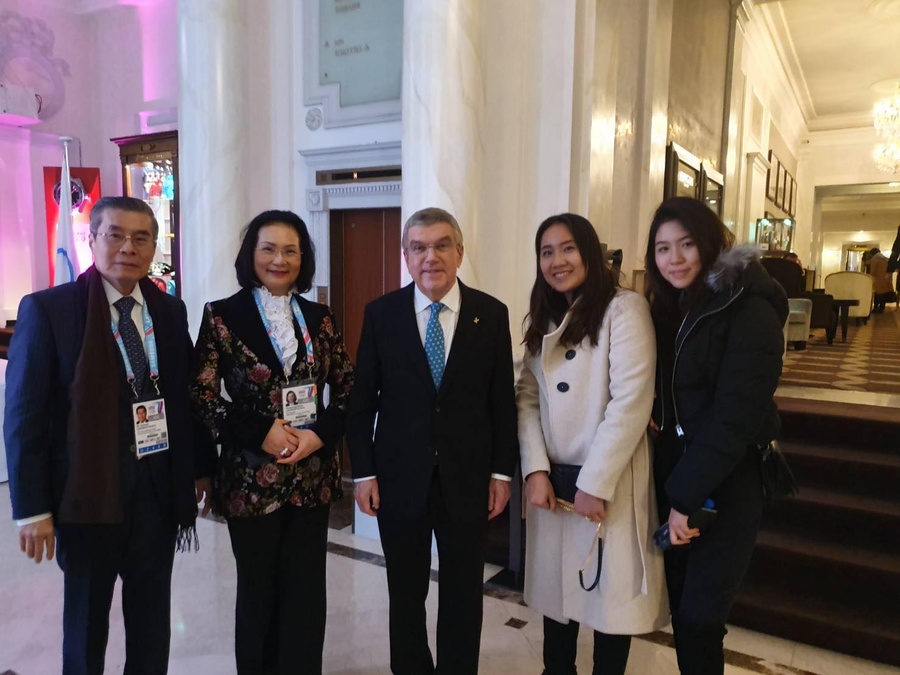Lausanne, Switzerland, March 10, 2020: More than a century after women first competed at the Olympic Games, female athlete numbers will finally be at parity with those of the men at Tokyo 2020.
The drive towards gender equality – on and off the field of play – has picked up pace in the Olympic Movement in recent years, thanks in part to progressive initiatives by the IOC.
It has been more of a marathon than a sprint, but female Olympians are at last catching their male counterparts in the numbers game.
The number of women competing at the Games has increased significantly, from 34 per cent of the total at Atlanta 1996 to an expected new record of 48.8 per cent at Tokyo 2020 - and a commitment to reach full gender equality for the Olympic Games Paris 2024.
In October 2018, the Youth Olympic Games (YOG) Buenos Aires 2018 was the first fully gender-balanced Olympic event ever.
In addition to being the most gender-balanced Summer Games in history, Tokyo 2020 will see full gender representation across all 206 teams. The IOC has also changed its rules to allow one male and one female athlete to jointly carry their flag during the Opening Ceremony, sending a powerful message to the world.
It has been a long road since the Paris 1900 Olympic Games, when the first female athletes competed in five events: tennis, sailing, croquet, equestrian and golf. Only 22 took part, constituting a meagre 2.2 per cent of the 997 total competitors.
Over the past 25 years in particular, the IOC has been encouraging National Olympic Committees and International Federations to increase female participation.
The results speak for themselves, with the share of female competitors at the Games increasing from 10 per cent in 1928 and 20 per cent in 1960 to 48.8 per cent at Tokyo 2020.
In 1991, a major IOC initiative was passed: any new sport seeking to join the Olympic programme could do so only if it had disciplines for both genders. Numerous sports have systematically increased female participation, and Tokyo’s five new sports – baseball/softball, karate, skateboarding, speed climbing and surfing – will all have women’s events.
Away from the field of play, the IOC has taken other gender equality initiatives to place more women in positions of power; guard against discrimination and abuse; and foster greater female representation in the media.
In 2020, 46.6 per cent of IOC commission members are women, and the number of female IOC Members has risen to 36 per cent, 10 per cent more than in 2016, also adding more diversity in terms of age and regional representation.
For full article see: www.olympic.org


